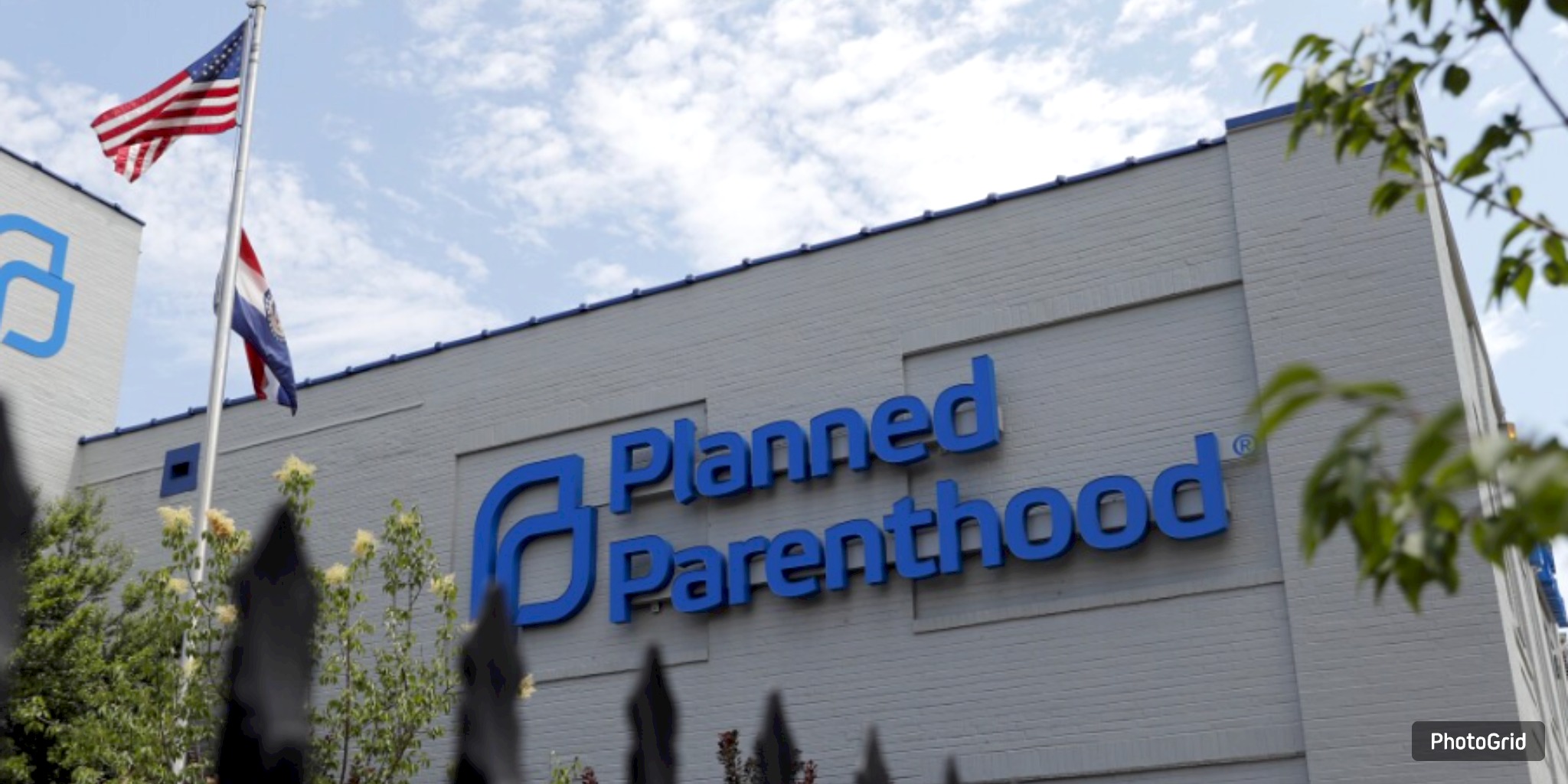


This week, Colorado lawmakers took a major step by approving a measure that will allocate as much as $4.4 million in state taxpayer funds to support Medicaid reimbursements for abortion providers, including Planned Parenthood, following the loss of federal funding earlier this summer.
In a significant legislative move, Senate Bill 25B-2 secured approval from the House of Representatives with a vote tally of 43-19, followed by a Senate endorsement of 23-12, reflecting a clear division along party lines. On Wednesday, Gov. Jared Polis officially enacted the legislation.
The legislation addresses the One Big Beautiful Bill Act, which was enacted as federal law in July, resulting in the cessation of Medicaid reimbursements to Planned Parenthood across the country. Testimony reveals that the organization has canceled close to 1,000 appointments in Colorado following the implementation of the federal law.
Advocates for the legislation argued that the state's involvement was crucial to maintain consistent care for Medicaid recipients. Leaders from Planned Parenthood contended that the absence of state funding could result in thousands of Coloradans losing access to essential reproductive and health services.
Critics, on the other hand, labeled the initiative a “political bailout.” In a surprising turn of events, Scott Shamblin, the executive director of Colorado Right to Life, revealed that lawmakers have greenlit millions in new funding, all while grappling with a staggering $1.2 billion state budget deficit.
“Lawmakers have just given the green light for up to $4.4 million annually to Planned Parenthood for primary care services via Medicaid, despite the fact that Planned Parenthood does not actually offer such services,” Shamblin stated. “As Colorado grapples with a budget shortfall, this situation transcends healthcare; it represents a political lifeline for the country’s largest abortion provider.”
Critics have pointed to the latest annual report from Planned Parenthood, revealing that the organization generated $2 billion in total revenue for the fiscal year 2023-24. This figure includes $792.2 million derived from taxpayer funding through federal grants, contracts, and Medicaid reimbursements.
In a recent testimony, a patient recounted how her follow-up appointment after taking the abortion pill was abruptly canceled due to a funding shortfall. This left her with no choice but to seek care at an urgent care clinic to address complications she was experiencing. Opponents of chemical abortion contended that her situation highlighted safety concerns rather than the necessity for increased financial support.
The discussion unfolds as the Food and Drug Administration undertakes a review of mifepristone, a commonly utilized abortion medication, in light of adverse effects highlighted in a recent study.
Earlier this year, lawmakers enacted HB25-183, which mandates the use of taxpayer funds to include abortion services within the state's Medicaid offerings, with projected annual expenses nearing $6 million.
The combination of these two measures brings over $10 million in state funding for abortion-related services, reinforcing Colorado’s status as one of the most accommodating states for abortion access.
















From breaking news to thought-provoking opinion pieces, our newsletter keeps you informed and engaged with what matters most. Subscribe today and join our community of readers staying ahead of the curve.